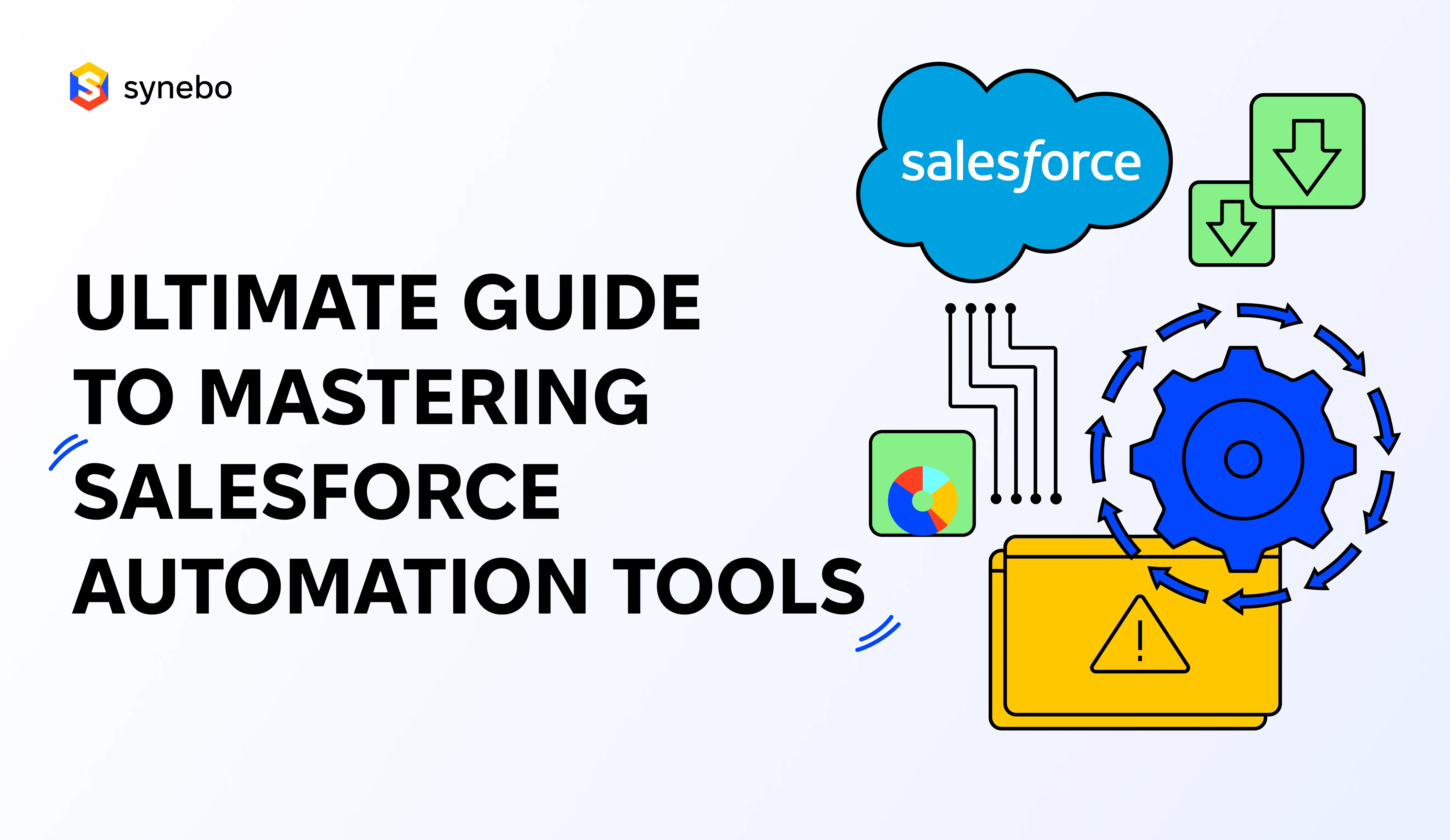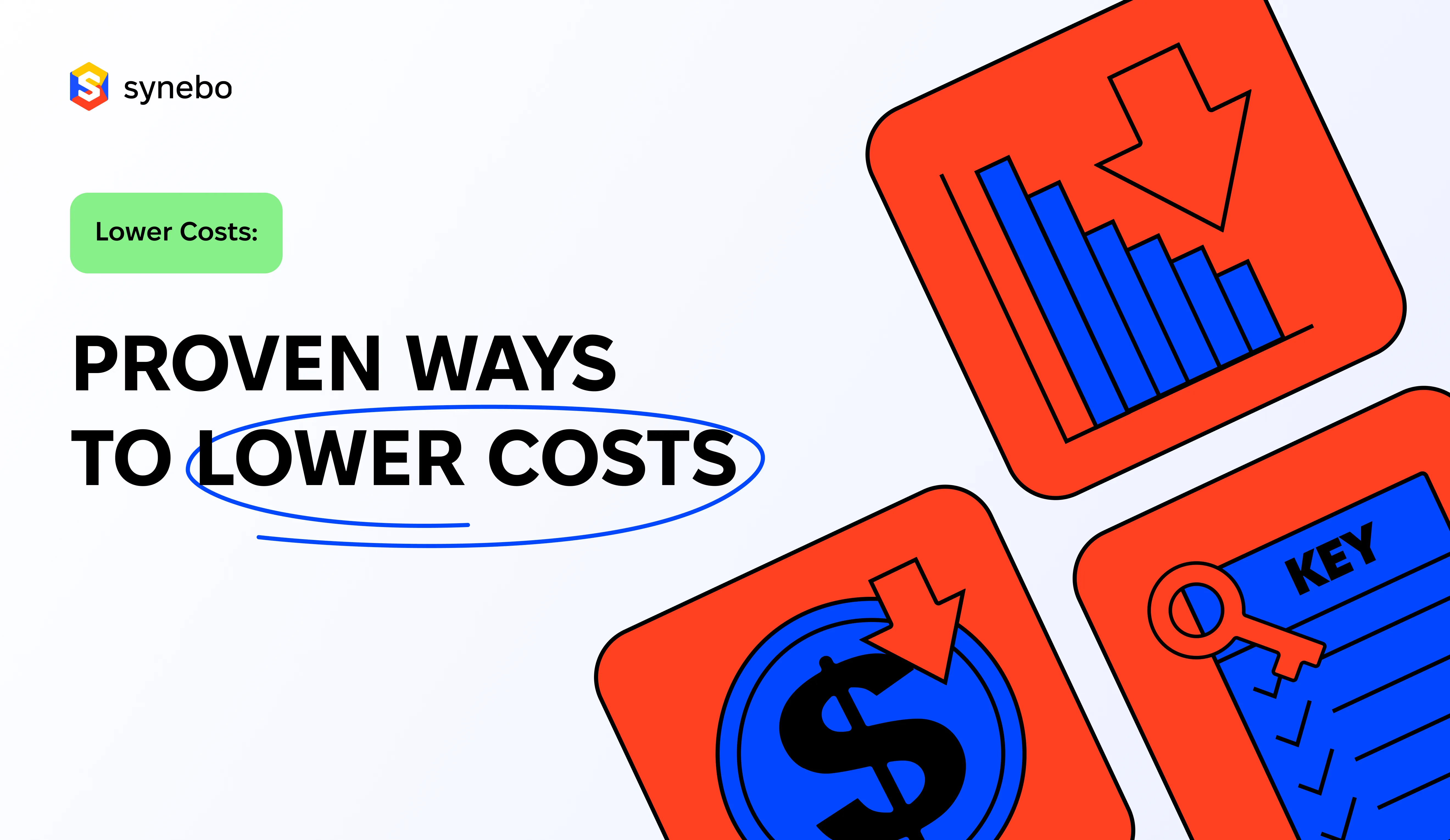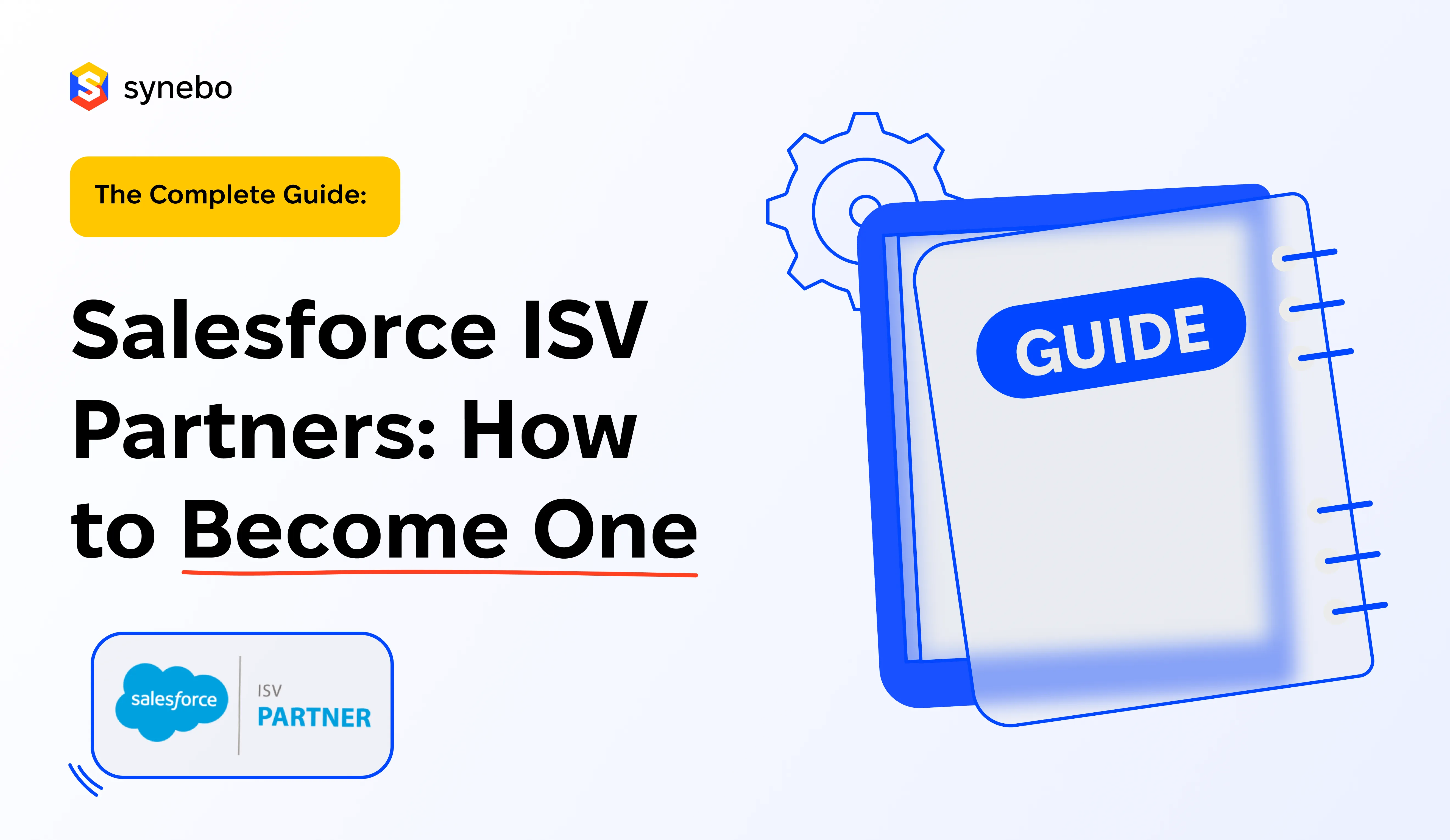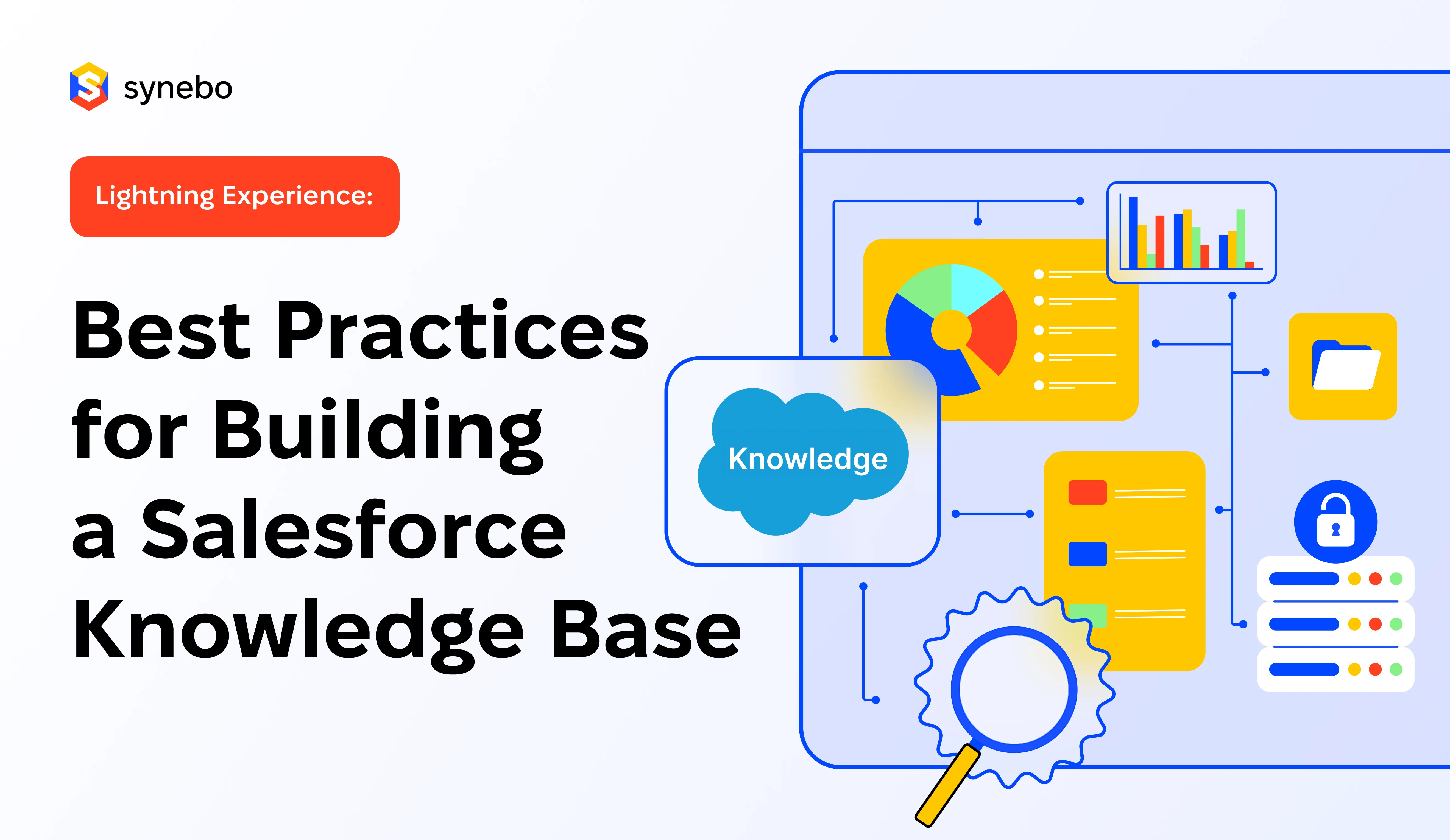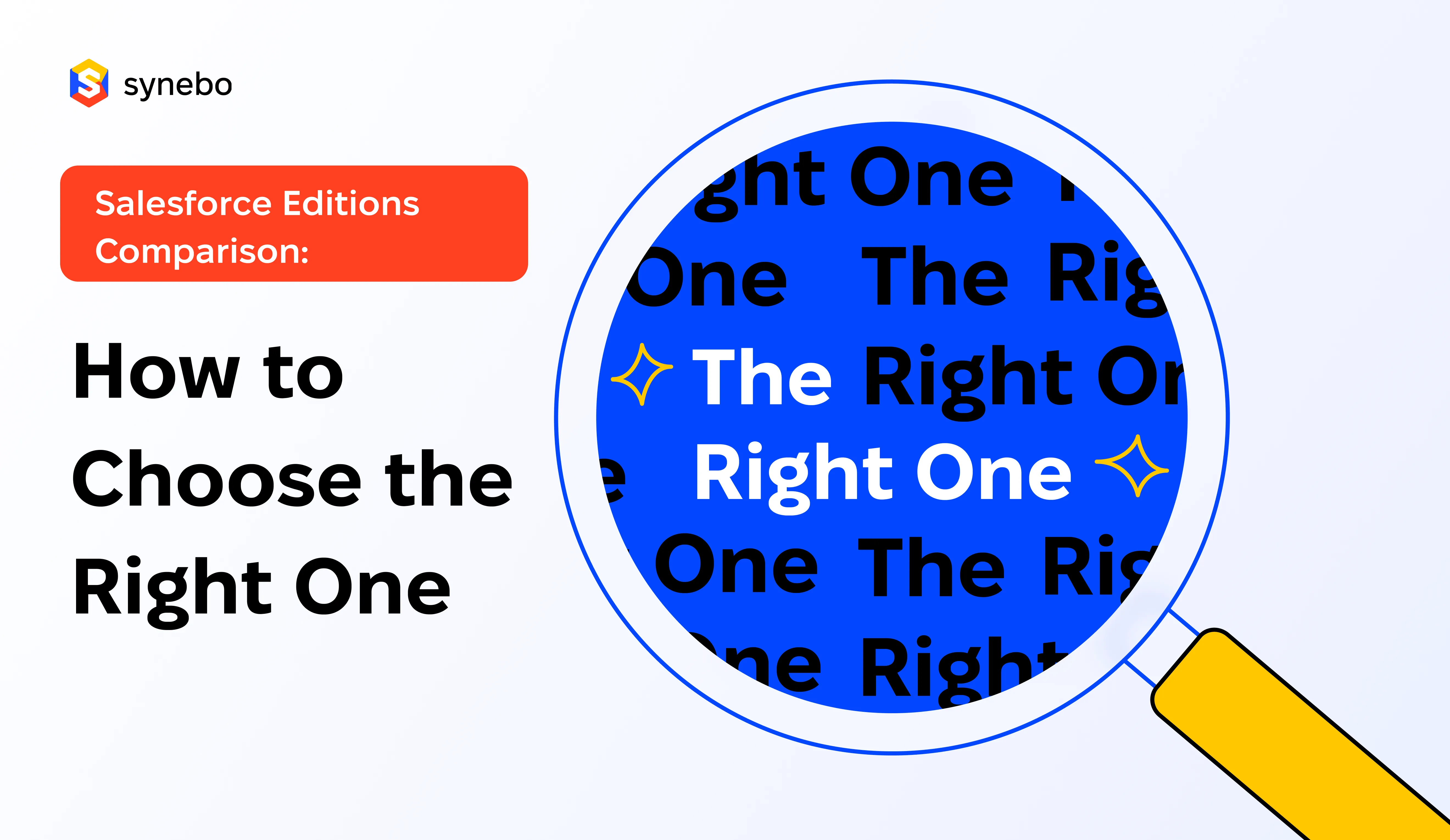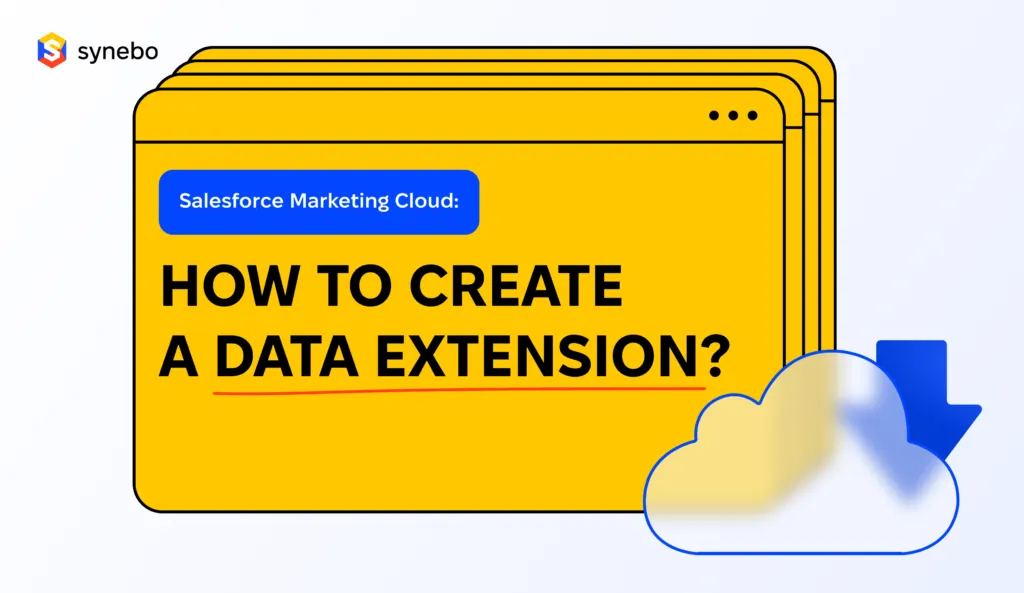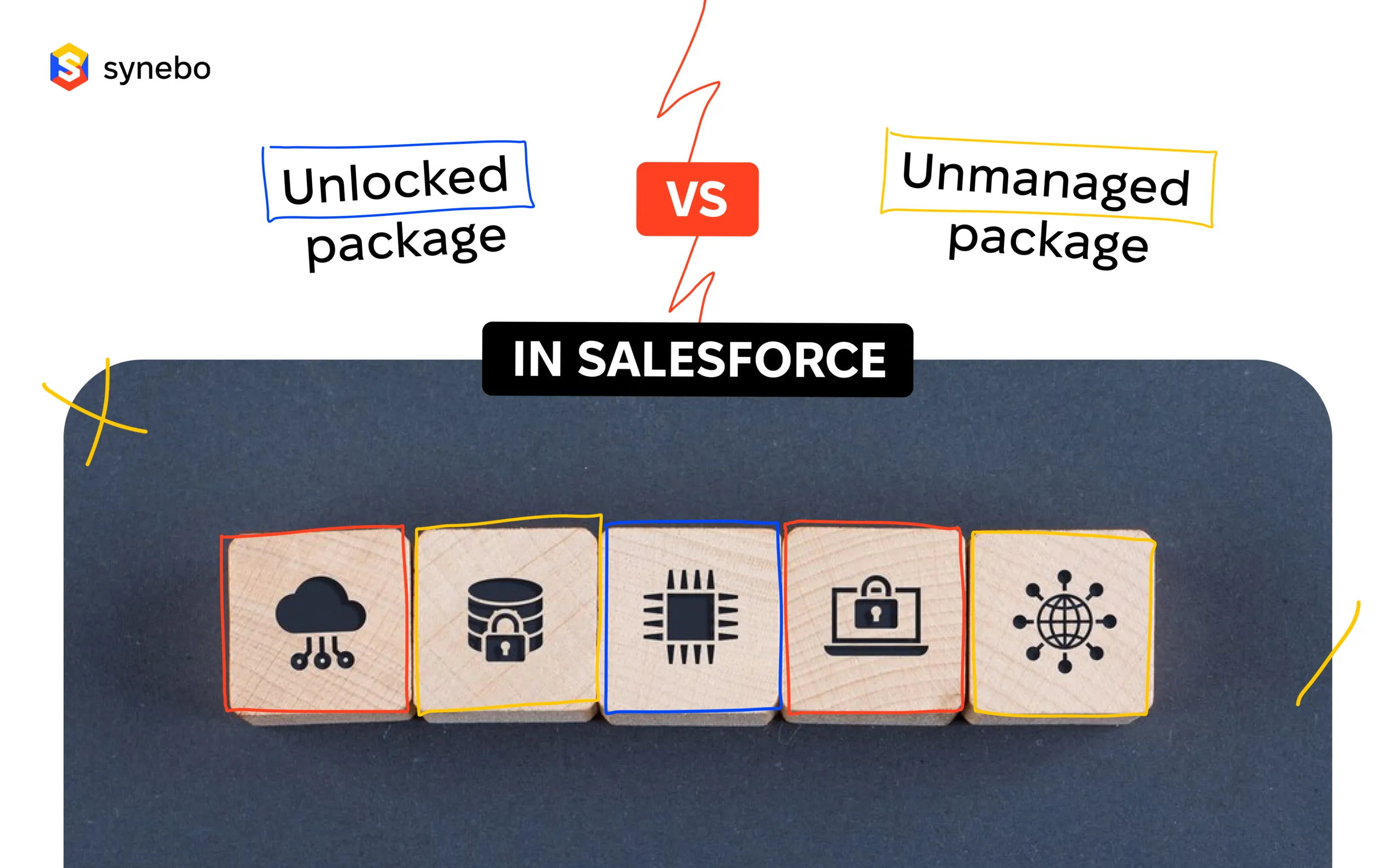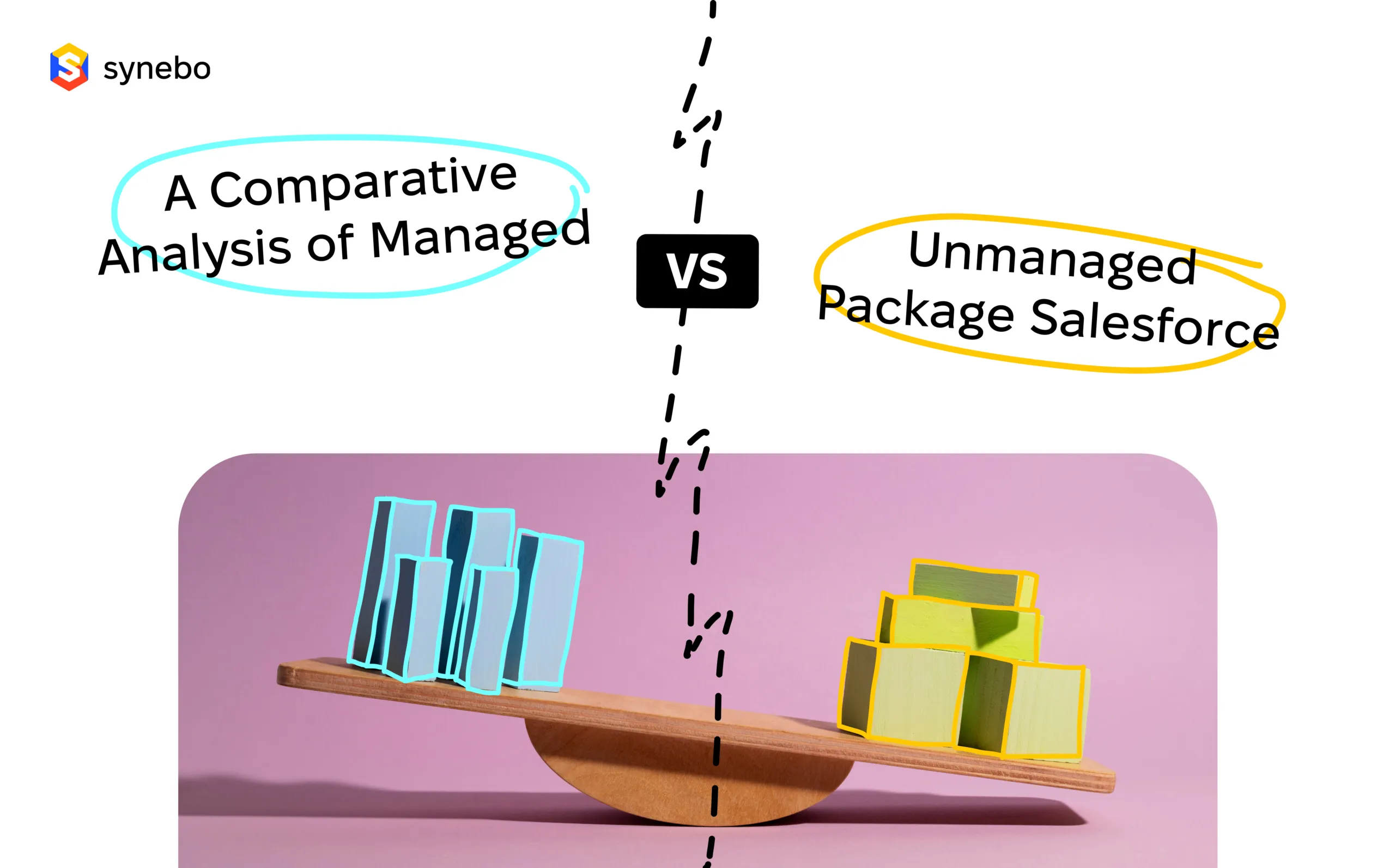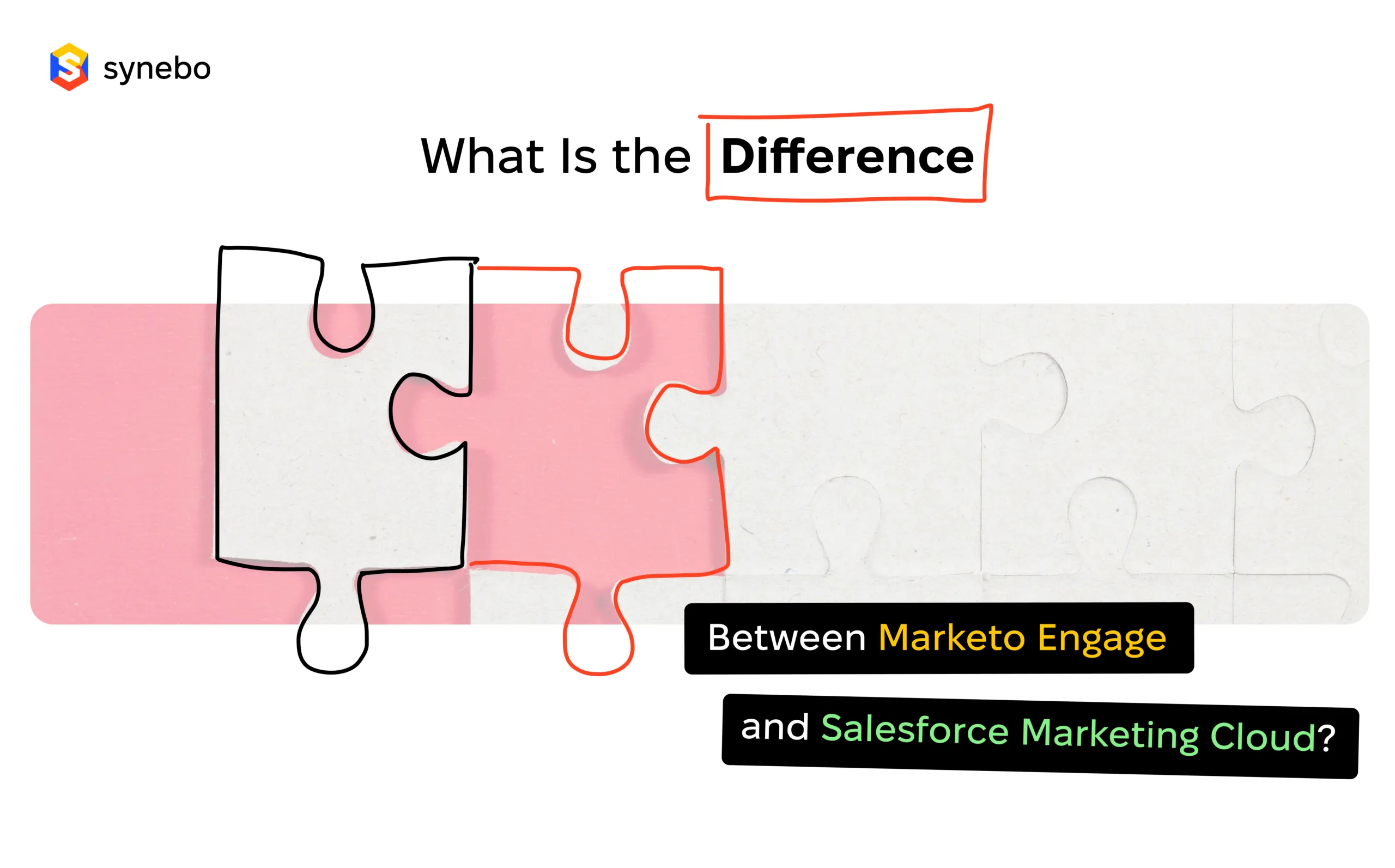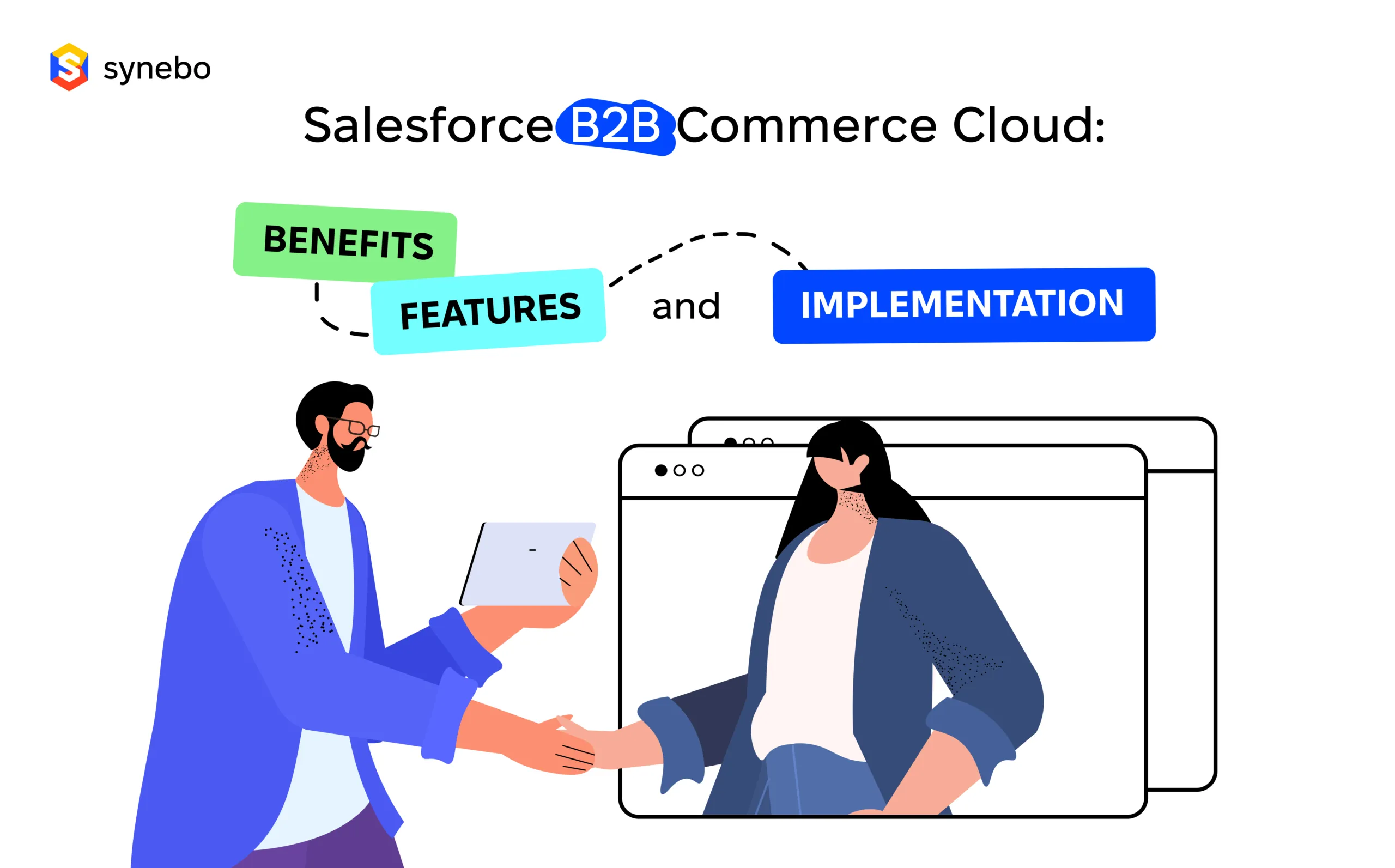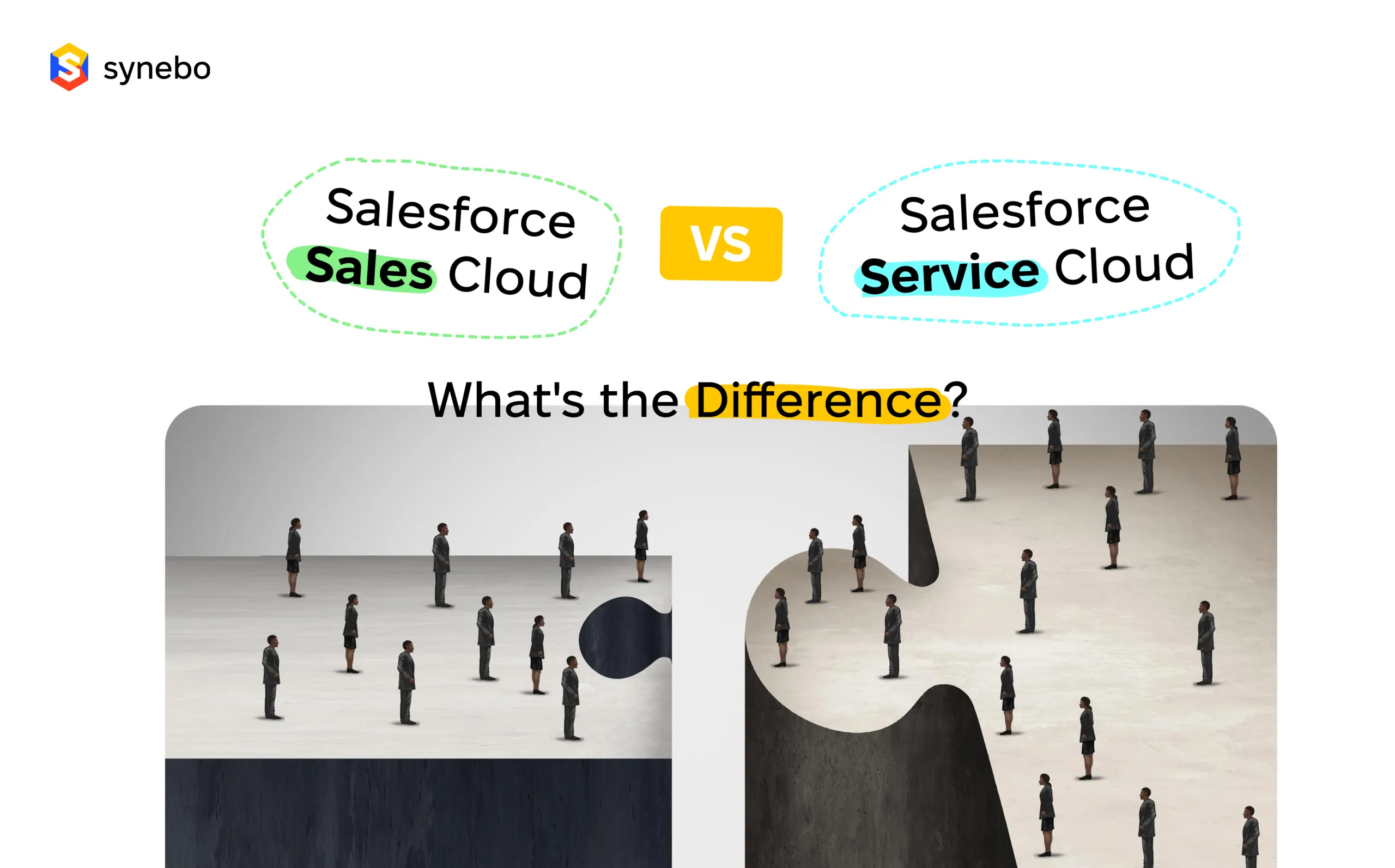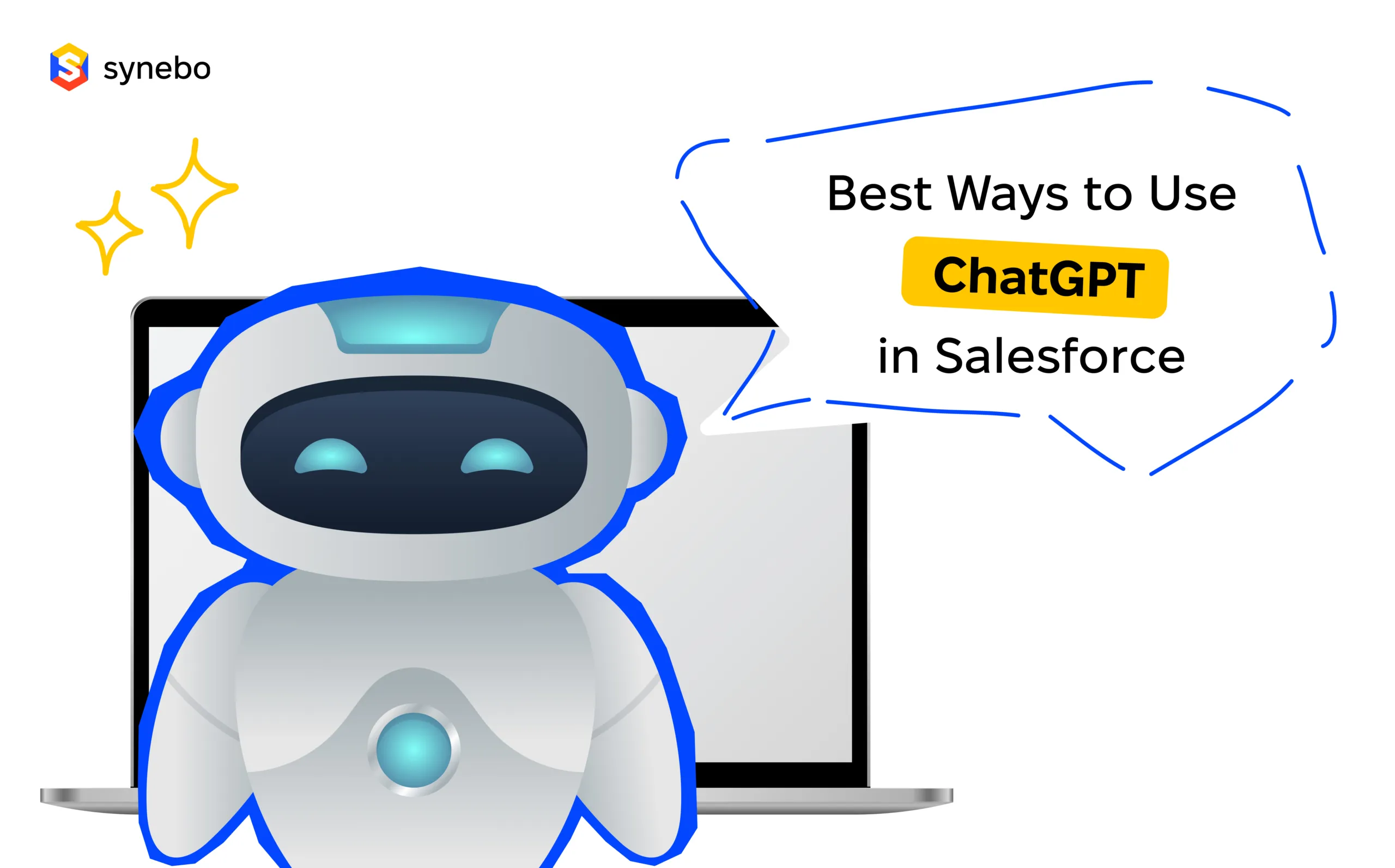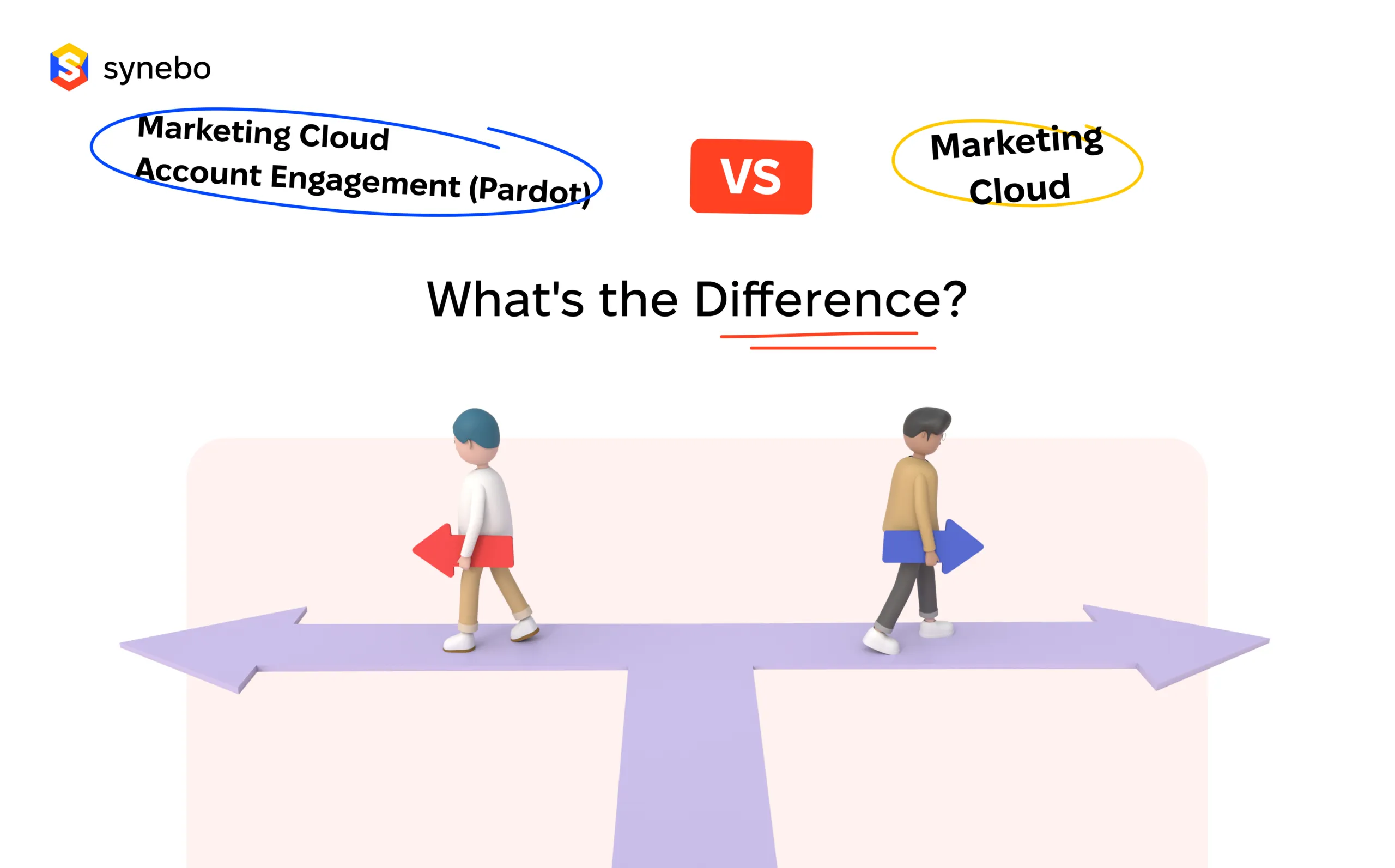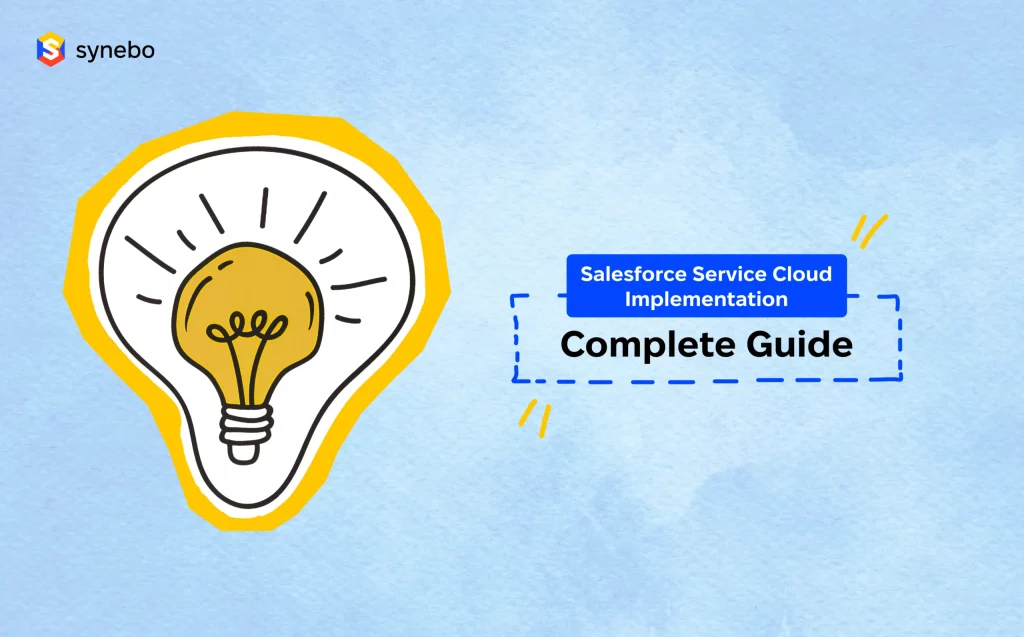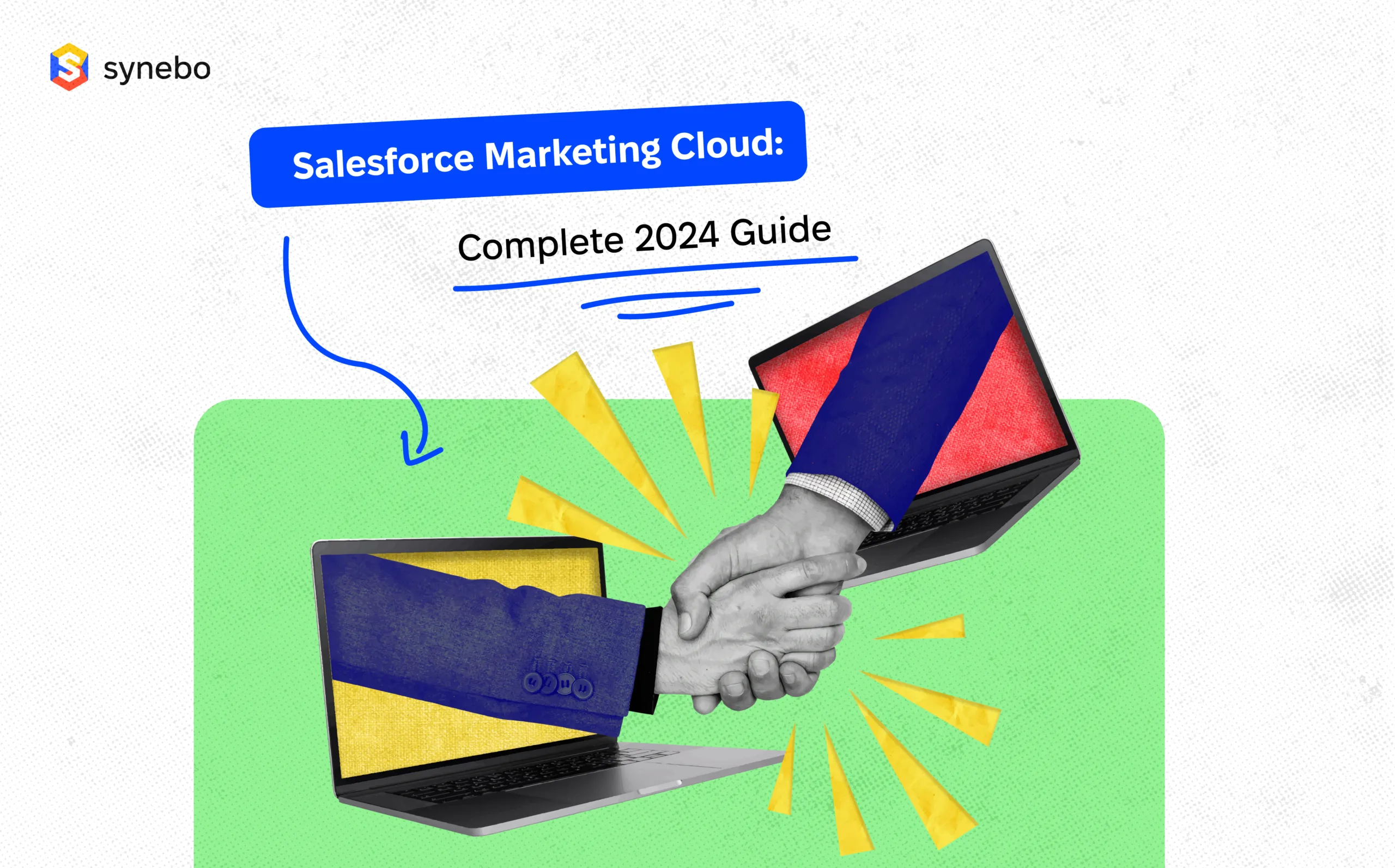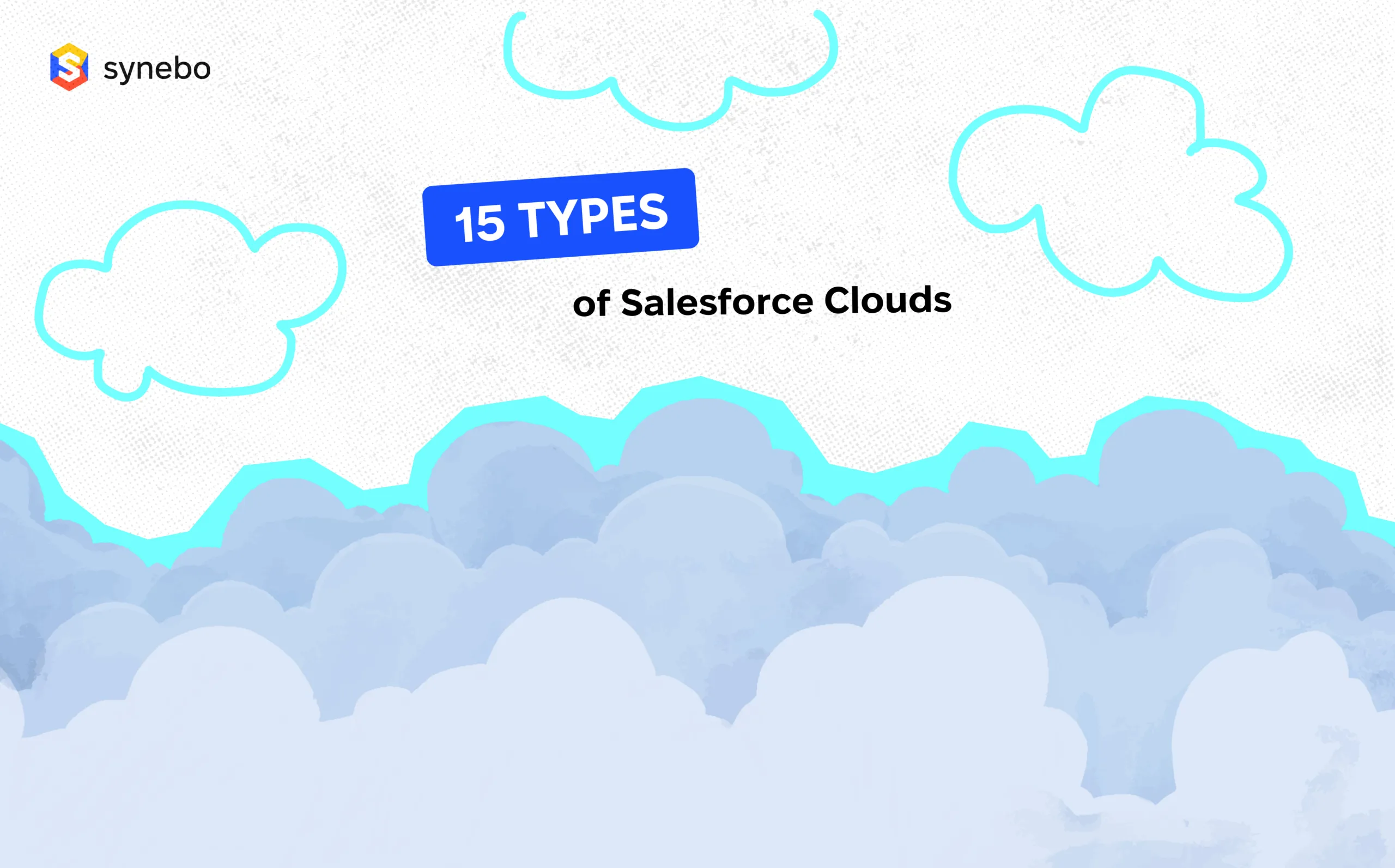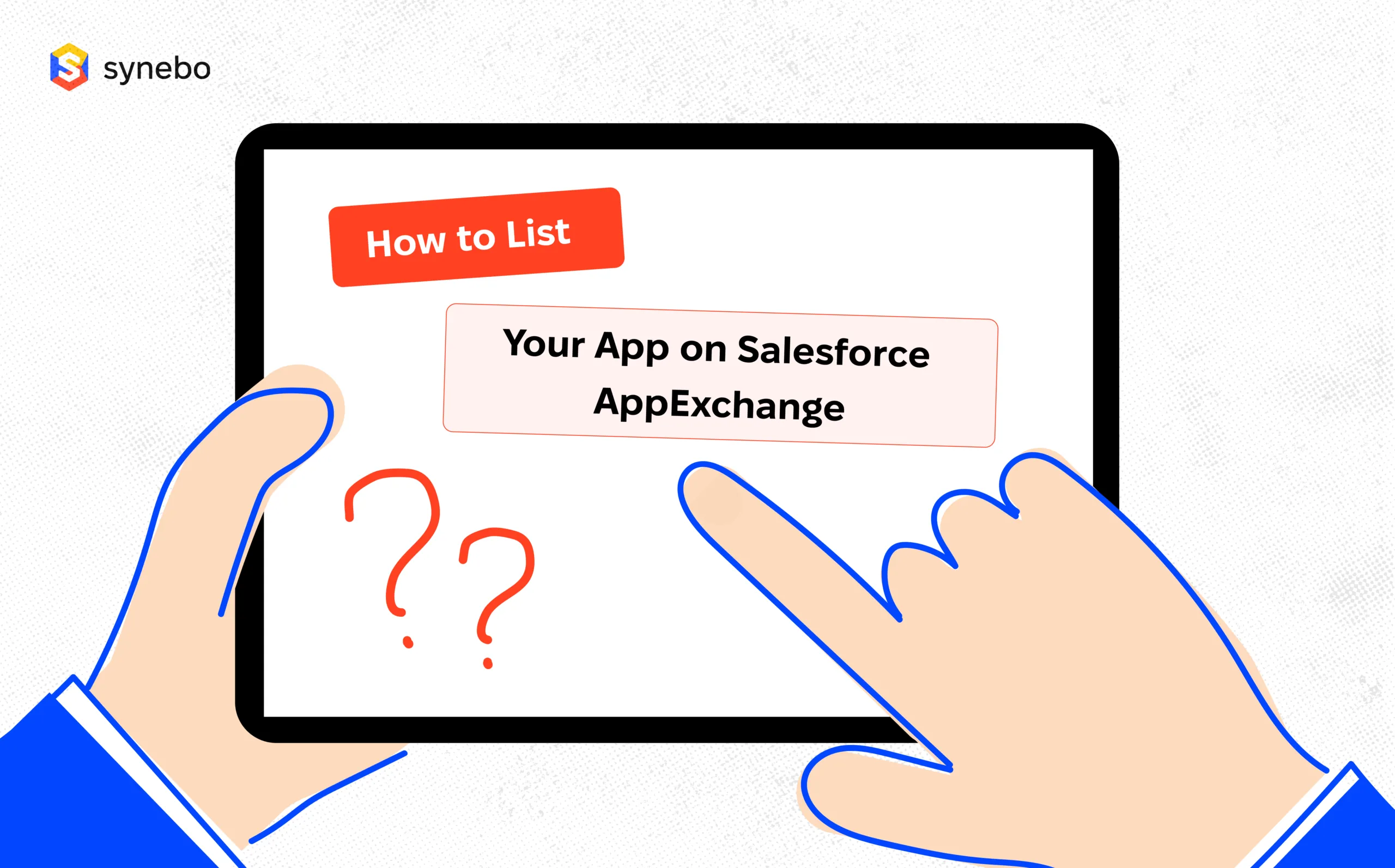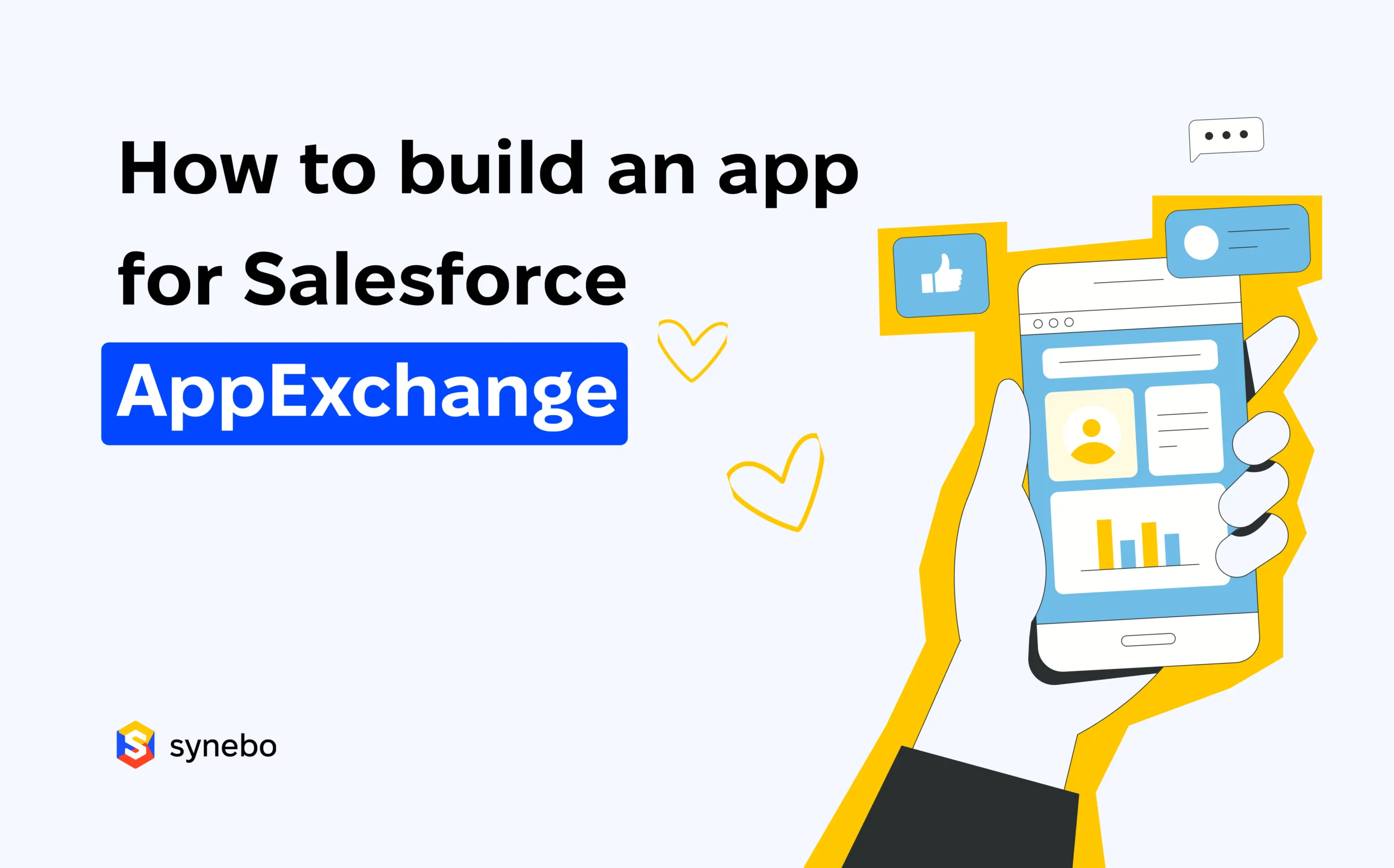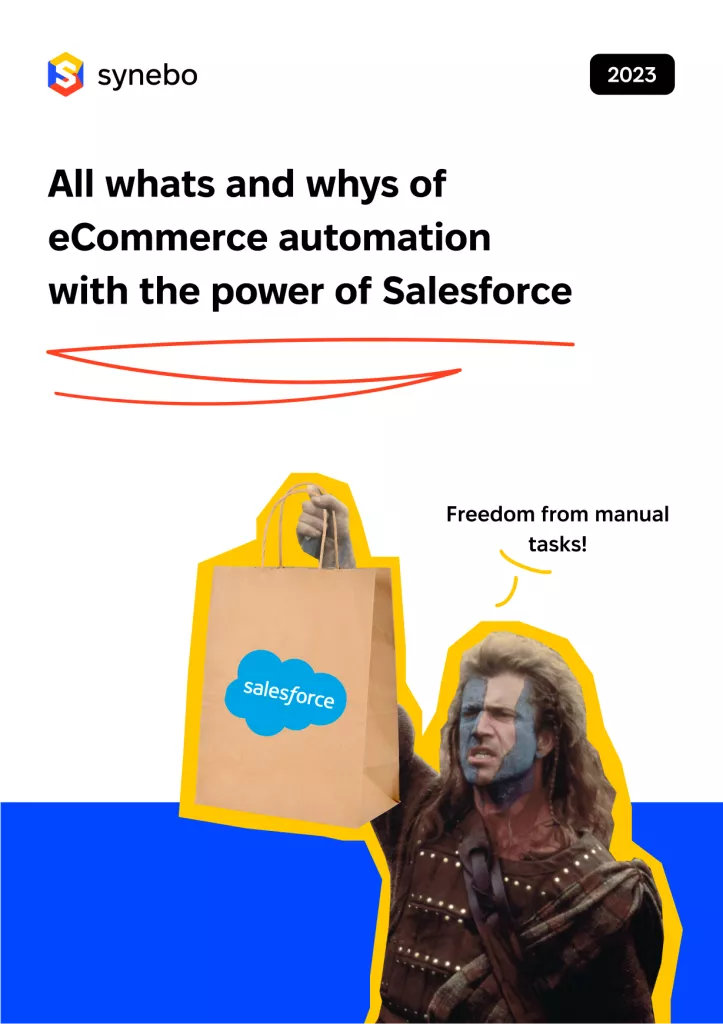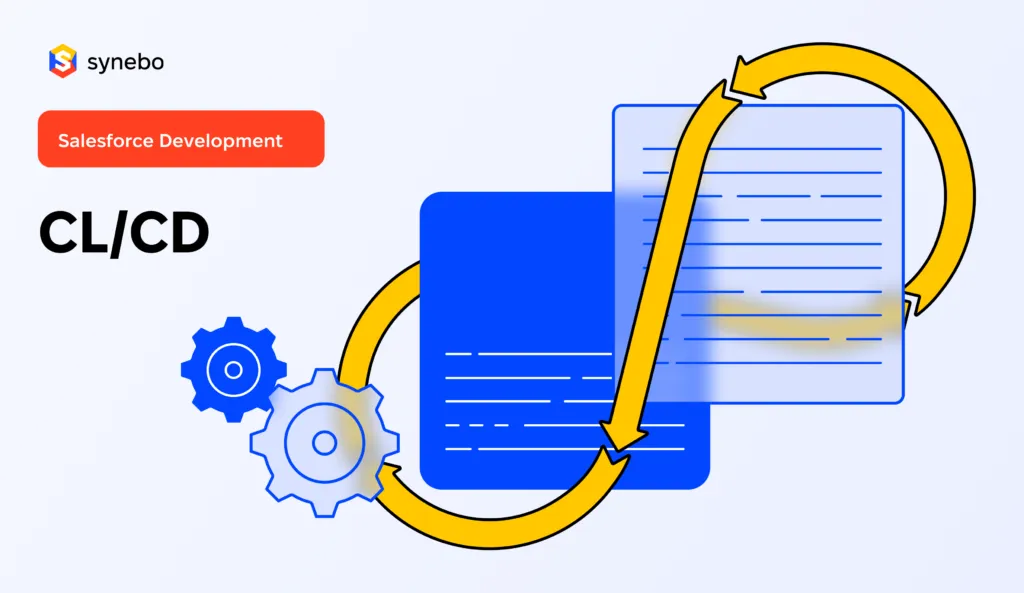Hybrid App Development: Top 3 Frameworks for 2022

Hybrid app development is becoming more and more popular. Why so? Because mobile applications offer a more convenient logic of use and a quick way to reach a larger and more diverse audience. Moreover, frameworks and App Store Optimization (ASO) provide fast application development.
Specifically, app frameworks are usually divided into natives and hybrids. In this article, we will talk about 3 best hybrid applications. However, before describing their characteristics, we will highlight the difference between native and hybrid applications.
Native vs. Hybrid mobile app development
Native app framework uses the native development language and tools specific to this platform, such as the native iOS app in Swift or Objective-C, compiled using Xcode. While the native Android app is usually developed using Kotlin or Java and Android Studio.
Simply put, native applications are developed using standard platform solutions, where developers have access to the device capacities. For example, it is well-known that an application written for iOS using Swift cannot work on Android and vice versa.
A hybrid app framework is a mixture of native and web solutions. This method is an application in which the core is written with web technologies (HTML, CSS, and JavaScript). A feature of hybrid applications is developed for more than one platform. Therefore, you need the best cross-platform infrastructure.
It allows you to create and publish your applications for sending to each application store platform for sale.
Many aspects separate these two areas of application development. Below, we have provided key points to identify the main differences.
Coming back to hybrid frameworks, you need very advanced and exceptional frameworks for the desired application. Here is a list of the three most popular frameworks according to many experienced developers. Check out the specifications and decide which structure is best for you.
1. Apache Cordova

Apache Cordova, formerly known as PhoneGap, is a free, open-source mobile application development platform to create cross-platform mobile applications using CSS3, HTML5, and Javascript. It also allows you to build Android, iOS, and Windows applications.
Developers can also use Apache Cordova to write a one-time code for distribution across multiple platforms. As a result, it will save more time and resources considering the absence of the need to rewrite codes. It also will reach a large audience as you are not limited to a specific platform.
Features:
– A single platform for creating cross-platform mobile applications
– Saves time because hybrid applications require less development time than native ones
– Simple support and the potential for constant updates
– Saving money since you need not spend resources on different platforms. Instead, you can use one code base to create an application for multiple platforms
Limitations:
– Slower operation is possible because of its cross-compilation capabilities
– Compatibility issues may occur for some plugins on different platforms and devices
– Plugins may not function properly, so they may need to change
Who uses the Apache Cordova framework?
- Walmart
- Adobe
- Teleport
- UseInsider
- DAZN.com
2. Ionic

Ionic is one of the most popular cross-platform frameworks. It bases its HTML interface on AngularJS and Cordova using the most efficient APIs, including the Shadow DOM and Custom Elements. To provide services more efficiently, Ionic interacts with Vue. This cross-platform framework accommodates a rich library with an external interface and the best user interface components that allow the developer to create first-class PWAs and Web Apps.
There is also an opportunity for creative people to develop because Ionic allows them to create fantastic projects and graphic representations in applications.
Permanent development is life. Therefore, the Ionic CLI (command-line interface) helps you develop hybrid applications using TypeScript and Node.js and receive regular updates. The framework is also available for Android 4.1 and iOS 7.
Features:
– Light update apps
– Fast work on the framework, thanks to the Angular concept to speed up the process
– Has native features
– Many user interface components
– Pre-generated application layouts with creative layouts
Limitations:
– Testing becomes essential when the browser does not provide information about the smartphone condition
– No hot reboot
– Depends too much on the plugin
– Not the best for heavy applications
Who uses the Ionic framework?
- Sworkit
- McDonald’s Turkic
- Chefsteps
- NASA
- BMW
- Electronic Arts
3. React Native

React Native is a framework created by Facebook to provide seamless and easy cross-platform mobile development. It provides users with an almost natural experience among applications with more stability. In addition, the platform presents one code base for IOs and Android to develop applications for both platforms without sacrificing UX and UI.
JS developers can create innovative mobile applications thanks to a single code base. Fluent Java and Swift developers love to work on the React Native platform. According to advanced developers, it comes with modules and components that help improve application performance.
Features:
– Cost-saving with maximum code reuse
– Native code rendering
– Node.Js supported
– Easy error identification
– Installing Node Packet Manager (NPM) is easy for beginners to use
– Quick reboot with two screens – one is for modifying the code, and another is for previewing the changes
– The time required to complete the development process is much shorter
– Many plugins for compatibility with the hardware components of the device
Limitations:
– Not the best option for applications with many screens
– Not the best option for user interface transitions, heavy special effects, and many interactions
– Needs to improve access to hardware components
– Disadvantages in the form of navigation components
– Not enough user modules
Who uses React Native framework?
- Bloomberg
- Airbnb
- Wix
- Tesla
- Skype
Conclusion
Only you can choose which of the frameworks is more suitable for you. Before installing a platform, determine your business direction and its goals. Thus, you can correctly prioritize platforms.










